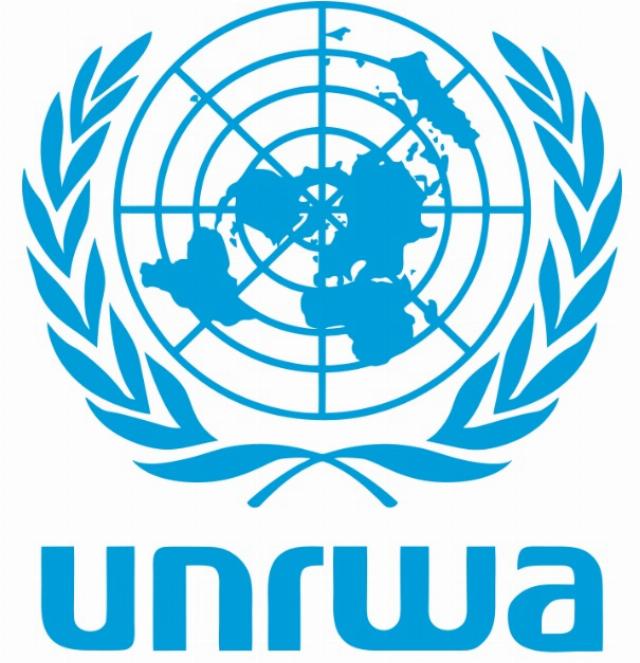Unmasking the true villain of the Middle East
Way back in 1969, the historian Barbara Tuchman said in an address at California’s Pomona College: “Indeed, I believe we are witnessing something of the same phenomenon of the treatment of Israel at the U.N. compared with its tolerance of Arab attacks. Anti-Semitism is very old, very convenient, latent in states as well as people, and evidently impossible to exorcise. I suspect the Jews will survive if only because the world needs them as the scapegoat of guilt of one kind or another. If they disappeared, the world would feel obliged to re-invent them.”
Just about the first official act of the United Nations was to impose the partition of the state of Israel. Almost immediately, refugee camps were established to house the Arabs who fled from fear of Jewish nationalism. Several generations have lived in these camps as wards of the U.N., and they remain a fertile recruiting ground for terrorist organizations. It also so happens that several of the villains who participated in the unprovoked slaughter of October 7th were also on the U.N. payroll.
An old saying is that a camel is a horse that was designed by a committee. The Middle East is the camel and the U.N. is the committee. It’s really hard to see how the world is now a better place because of the U.N., but it’s also hard to prove a negative. Another old saying is that the road to Hell is paved with good intentions. And, speaking of horses, the modern horse is an Arab invention -- at least according to military historian John Keegan. Centuries of selective breeding of what we might have called "ponies" led to the large animal of today -- this was so they could be more effective in combat, in such ways as by pulling chariots.
A thumbnail history of the modern Middle East should focus on the First World War. Prior to that cataclysm, the Ottoman Empire was mostly in control of the area -- which, by the way, was left as a backwater after the conclusion of the Crusades. First the Suez Canal and then the discovery of and need for petroleum brought the area back into global importance. Zionist Jews enjoyed their residence in the segment of the Ottoman province of the Hejaz known as Palestine. However, Turkey joined the Central Powers and wound up on the losing side of the war. It so happens that Ms. Tuchman’s maternal grandfather was the U.S. ambassador to Turkey during that period -- hence her particular interest in and insight into the area.
Without the Turks in control of their former empire, the “flabby democracies” of Europe had their hands more than full with Middle Eastern issues. Immediately after Germany’s WW II surrender in 1945, France and Britain more or less went to war against each other over Syria and environs -- this is known as the Levant Crisis of 1945. Eventually, the United Nations tried to fill the void left by the Turks. And, here we are -- watching European bureaucrats trying to tell the Israelis how they should go about defending their land… and their lives.
This spectacle is beyond obnoxious. Former British officer Andrew Fox, writing in the Tablet, carefully explains the serious thought behind the IDF’s methods in Gaza. For the U.N.’s entrenched numbskulls to issue “commands” for a nation that is fighting for its life to back off from its defense should be nothing less than a fatal gesture. This, of course, remains to be seen… but the shark has been jumped.
And, to wrap this all up, can whatever essential humanitarian work currently attributed to the U.N. be done at least as well by unaffiliated governments, religious groups, and other NGOs? I think it’s safe to say “Yes” …and most likely with better accountability and financial efficiency. That big ol’ U.N. building in New York could probably be converted into condos and other useful purposes. Sounds like something Trump would be interested in… when he retires from politics.

Image: UN





